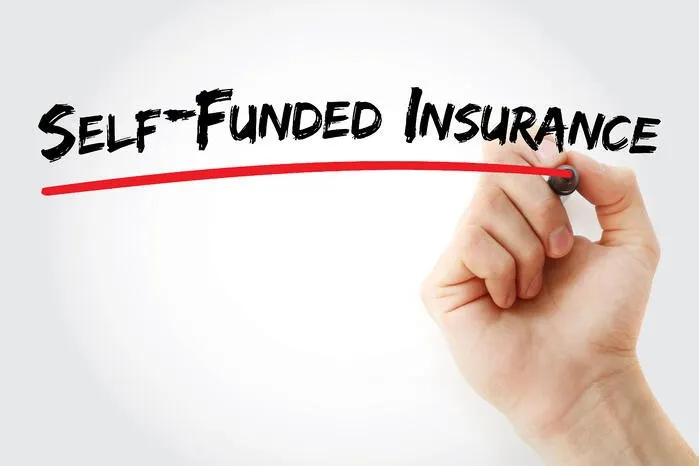Flashcards: Ignite Learning Potential with Proven Techniques
In the quest for mastering new subjects or refining existing knowledge, flashcards have stood the test of time as one of the most effective learning tools. Their simplicity is their strength, allowing learners to engage with material in a highly interactive way. Flashcards promote active recall, a powerful learning technique that involves retrieving information from memory, which has been shown to strengthen neural connections and enhance long-term retention. Whether you’re preparing for a critical exam, learning a new language, or just trying to keep your mind sharp, flashcards can be a game-changer.
The beauty of flashcards lies in their versatility. They can be used for virtually any subject, from language acquisition and vocabulary building to complex topics like medicine and law. Flashcards also cater to various learning styles. Visual learners benefit from the ability to see information repeatedly, while kinesthetic learners enjoy the hands-on approach of flipping through cards. Additionally, auditory learners can incorporate verbal repetition into their flashcard routines, reading the questions and answers aloud to reinforce learning.
Another significant advantage of flashcards is their adaptability to spaced repetition, a learning technique where information is reviewed at increasing intervals over time. This method capitalizes on the spacing effect, which suggests that our brains are more likely to remember information if we review it multiple times over a long period. With flashcards, you can easily organize and schedule reviews, ensuring that you’re consistently refreshing your memory just before forgetting, thereby solidifying your knowledge.
In today’s digital age, flashcards have evolved beyond their traditional paper form. Numerous digital tools and apps have emerged, offering enhanced features that make learning more accessible and efficient. These platforms often include pre-made flashcard decks, which cover a vast array of subjects, as well as the option to create custom decks tailored to your specific needs. Additionally, many of these tools integrate spaced repetition algorithms, automatically adjusting the review schedule based on your performance, so you can focus more on learning and less on planning.
One of the standout tools in the world of digital flashcards is the Ankiweb tool. Anki, which means “memorization” in Japanese, is an open-source software that has gained a large following due to its powerful spaced repetition algorithm and flexibility. The Ankiweb tool allows users to create custom flashcards with text, images, audio, and even video, making it ideal for diverse learning needs. Moreover, the tool’s cloud synchronization feature ensures that your flashcards are always up-to-date and accessible from any device. Whether you’re on your computer, tablet, or smartphone, you can seamlessly continue your study sessions, making the Ankiweb tool an indispensable resource for learners worldwide.
But what makes flashcards particularly effective is the element of self-assessment they introduce. Each time you flip a card, you’re challenged to recall information before being presented with the answer. This act of testing yourself reinforces learning and helps identify knowledge gaps, allowing you to focus on areas that need more attention. It’s a process that encourages metacognition—thinking about your thinking—which is crucial for developing a deeper understanding and mastery of any subject.
Moreover, flashcards promote active learning, a process that involves engaging with material in a way that requires effortful thinking, as opposed to passive learning, such as reading or listening. Active learning strategies, like those used with flashcards, have been shown to improve critical thinking and problem-solving skills. This makes flashcards not just a tool for rote memorization, but a means to develop cognitive skills that are applicable across various domains.
For students and professionals alike, flashcards offer a convenient and efficient way to review and retain information. In a world where time is often a limiting factor, the portability of flashcards is a major advantage. Whether you’re waiting for a bus, on a lunch break, or winding down before bed, a quick flashcard session can be squeezed into almost any routine, making the most of otherwise idle moments.
In conclusion, flashcards are a timeless educational tool that continues to ignite learning potential across all ages and disciplines. Whether you choose traditional paper flashcards or leverage digital tools like the Ankiweb tool, the principles behind their effectiveness remain the same. By engaging in active recall, spaced repetition, and self-assessment, flashcards can help you master any subject efficiently and with confidence. Embrace the power of flashcards, and unlock your full learning potential today!





